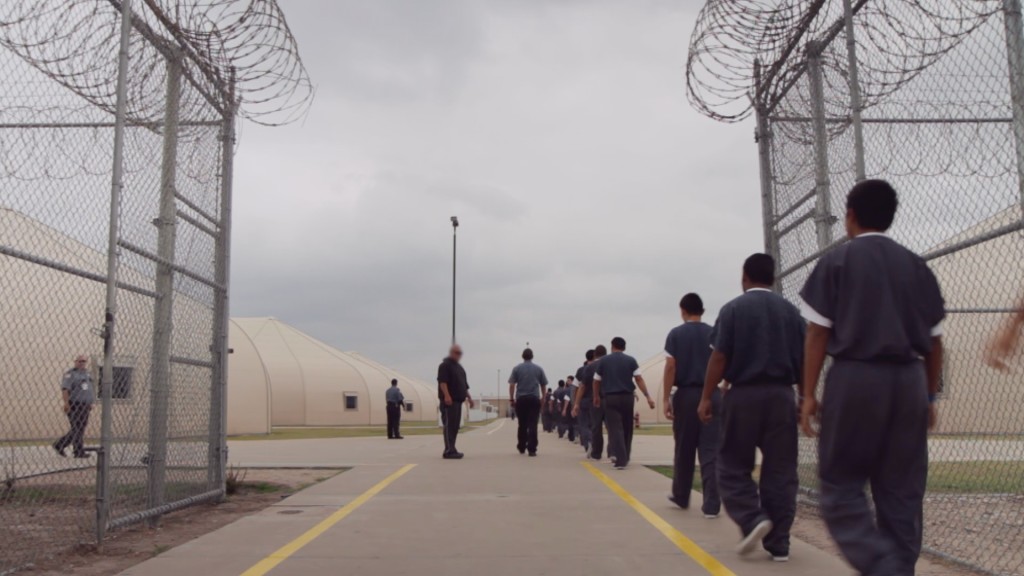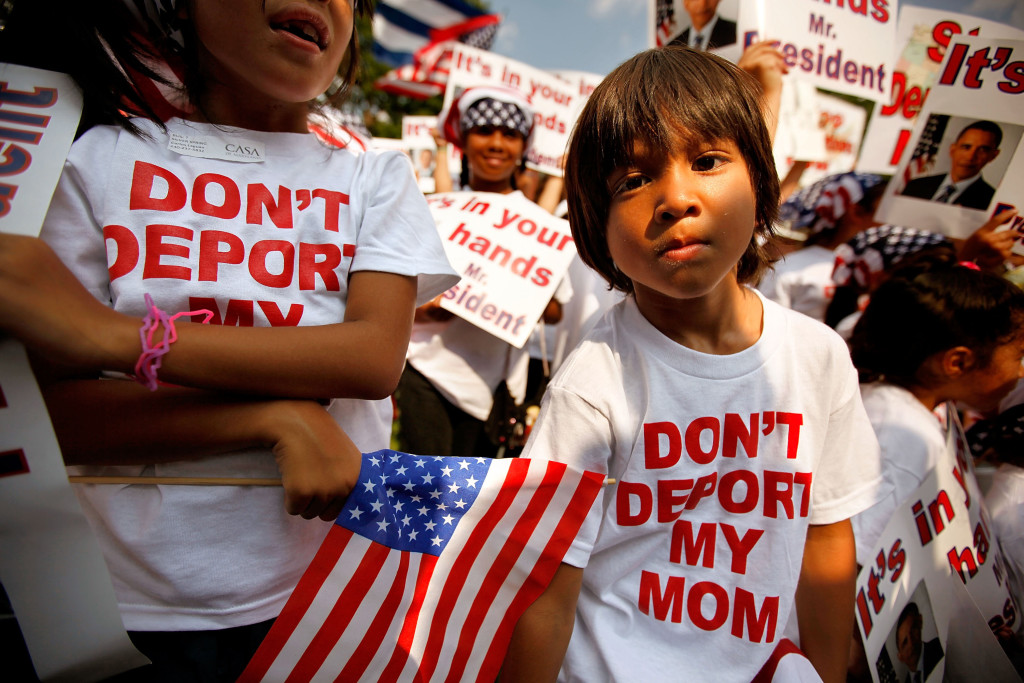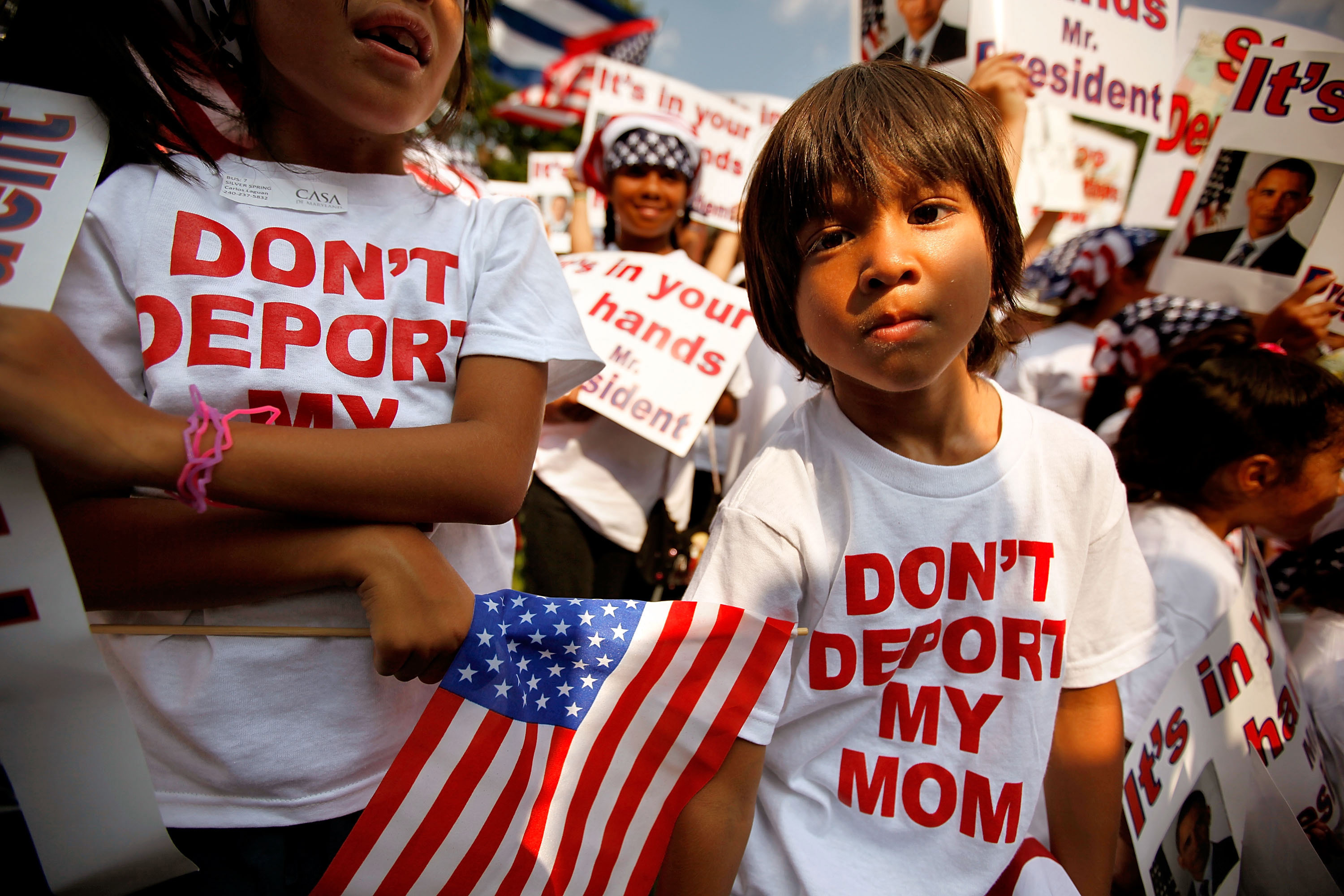New Prison Rape Rules Don’t Yet Cover Immigrant Detention Sites

May 18, 2012
Share
The Justice Department released new rules yesterday designed to curb sexual abuse in federal and state detention facilities, including stricter hiring requirements for guards, more gender-segregated conditions for detainees and an improved system for reporting incidents.
But the rules won’t immediately govern immigration detention facilities overseen by the Department of Homeland Security (DHS).
As we reported in last fall’s Lost in Detention, immigrants detained in such facilities filed more than 170 allegations of sexual abuse in the last four years, according to government documents obtained by FRONTLINE and the American Civil Liberties Union.
Under a presidential memorandum issued Thursday, the 2003 Prison Rape Elimination Act will be extended to all federal agencies that oversee detention facilities, including the DHS. The departments will have 120 days to propose their regulations that conform with the act, and an additional 240 days to finalize the new rules.
“By tasking the Department of Homeland Security (DHS) to promulgate its own PREA regulations, the administration has further delayed and left unclear whether hundreds of thousands of immigration detainees – overwhelmingly Latinos – who are annually confined in DHS detention facilities will receive adequate protection,” ACLU legislative counsel Joanne Lin said in a statement.
In an email, DHS Spokesman Peter Boogaard told FRONTLINE that the department “fully embraces” the act, and “looks forward to implementing PREA regulations that will govern DHS detention facilities and further our goal of preventing sexual abuse in confinement facilities.”
He added: “These regulations will build upon the substantial improvements we have made to agency policy and procedures to prevent, detect, and respond to sexual abuse in immigration detention. DHS will move swiftly to promulgate these regulations and will work with the Attorney General and others to ensure that the regulations satisfy the requirements of the statute.”
As FRONTLINE reported in Lost in Detention, immigrant detainees are in an especially precarious position because of their uncertain legal status. They don’t have access to legal counsel in these special facilities, which affords them less protection from abuse. And they may be more fearful of reporting sexual abuse due to the threat of deportation.
Earlier this year, the Government Accountability Office said it would investigate the issue following a request from 30 members of Congress, which cited Lost in Detention, and noted that because sexual abuse is often underreported, the problem is likely worse than the data suggests.

Related Documentaries
Latest Documentaries
Related Stories
Related Stories
Explore
Policies
Teacher Center
Funding for FRONTLINE is provided through the support of PBS viewers and by the Corporation for Public Broadcasting, with major support from Ford Foundation. Additional funding is provided the Abrams Foundation, Park Foundation, John D. and Catherine T. MacArthur Foundation, Heising-Simons Foundation, and the FRONTLINE Trust, with major support from Jon and Jo Ann Hagler on behalf of the Jon L. Hagler Foundation, and additional support from Koo and Patricia Yuen. FRONTLINE is a registered trademark of WGBH Educational Foundation. Web Site Copyright ©1995-2025 WGBH Educational Foundation. PBS is a 501(c)(3) not-for-profit organization.





















